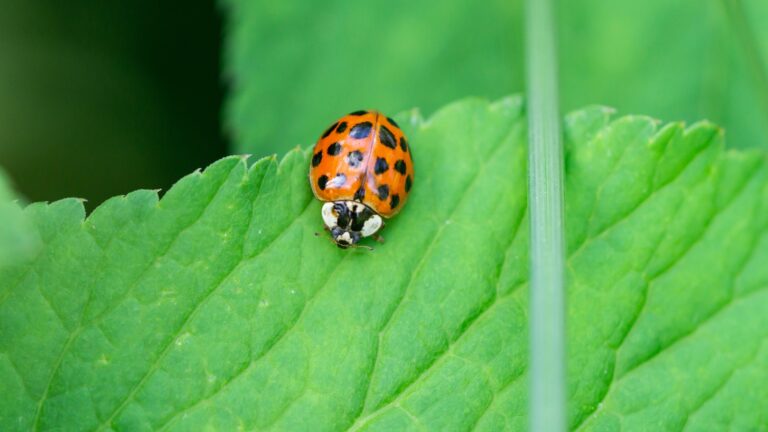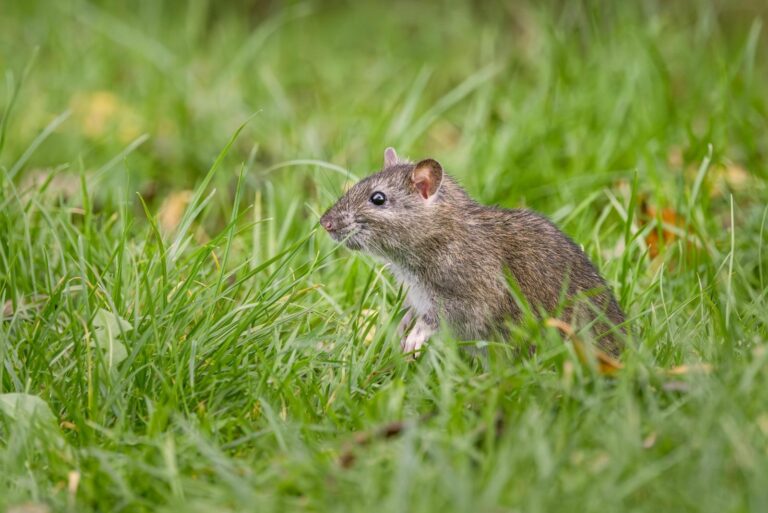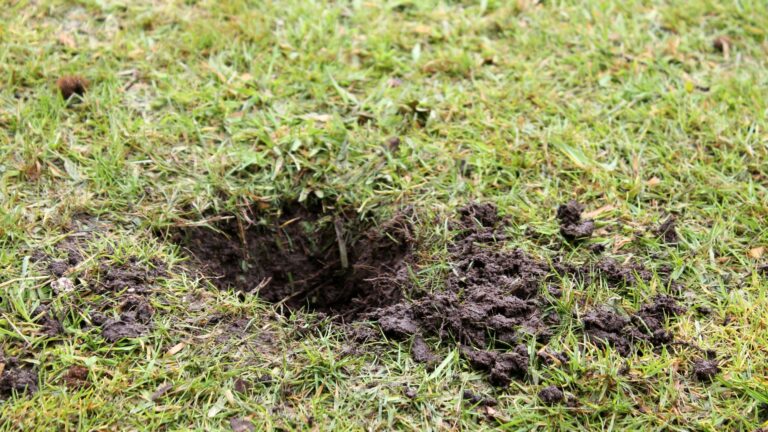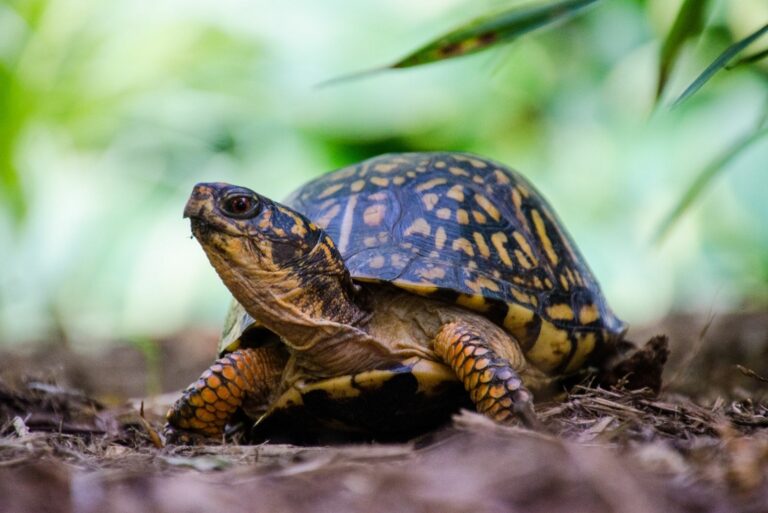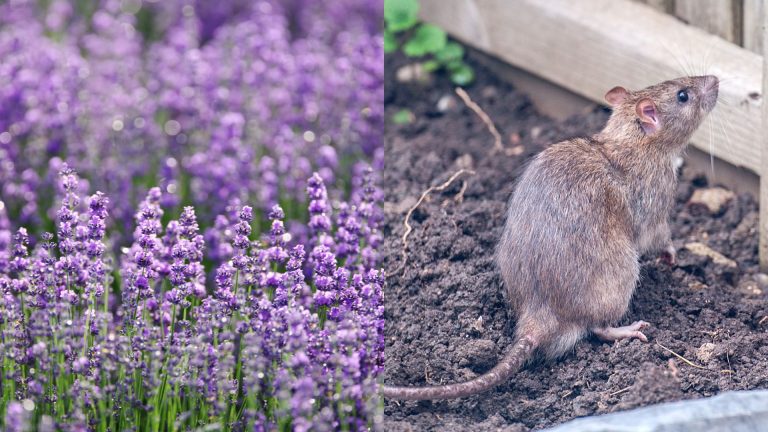Discover 16 Smells That Squirrels And Chipmunks Absolutely Hate (But That Make Your Garden Smell Amazing)
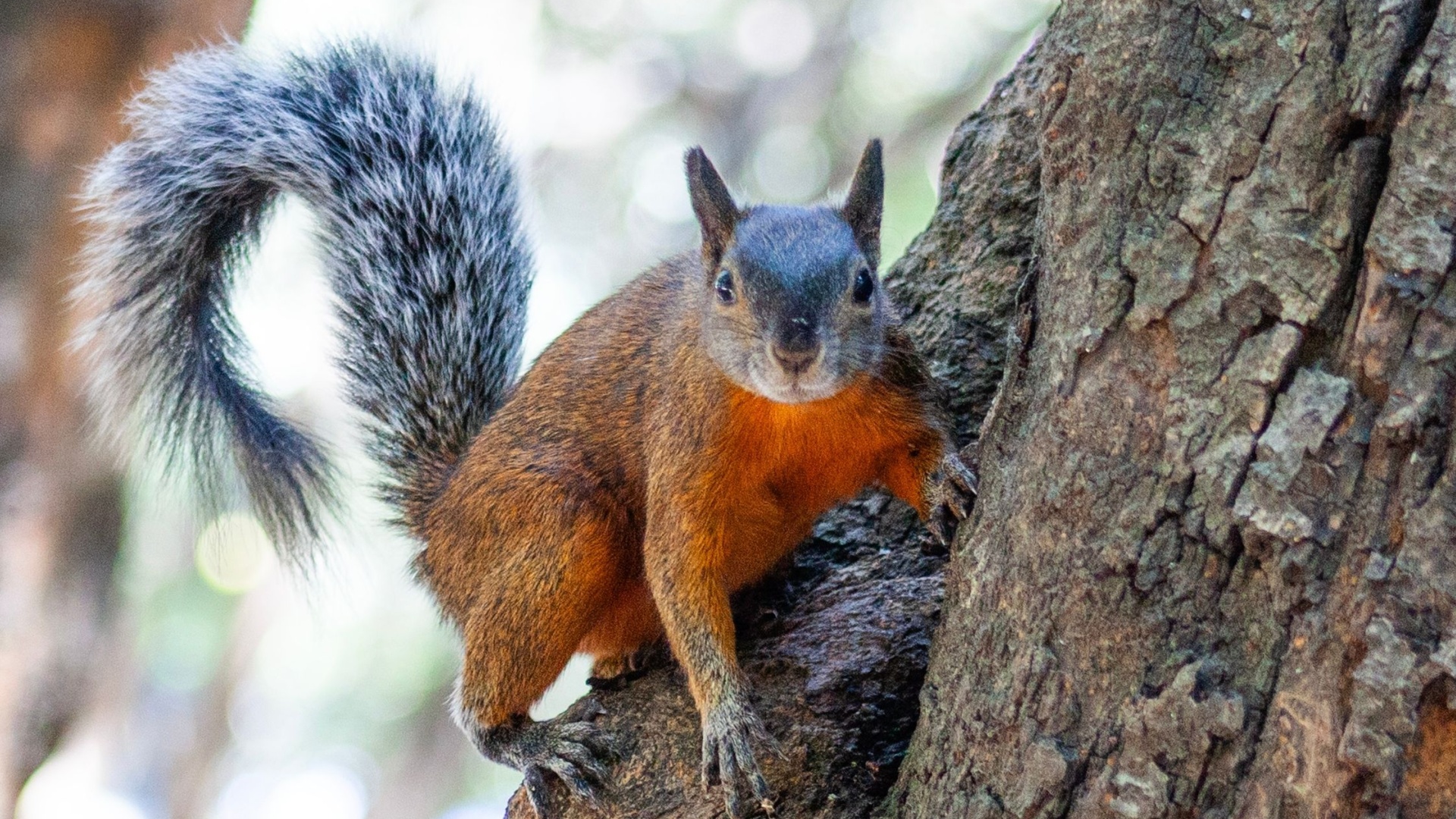
Tired of squirrels and chipmunks treating your garden like their personal buffet? You don’t need traps or harsh chemicals—just the right scents.
These 16 smells naturally send rodents running, while making your garden smell fresh, floral, and fabulous. It’s pest control with a bonus: your yard has never smelled better.
1. Peppermint Power
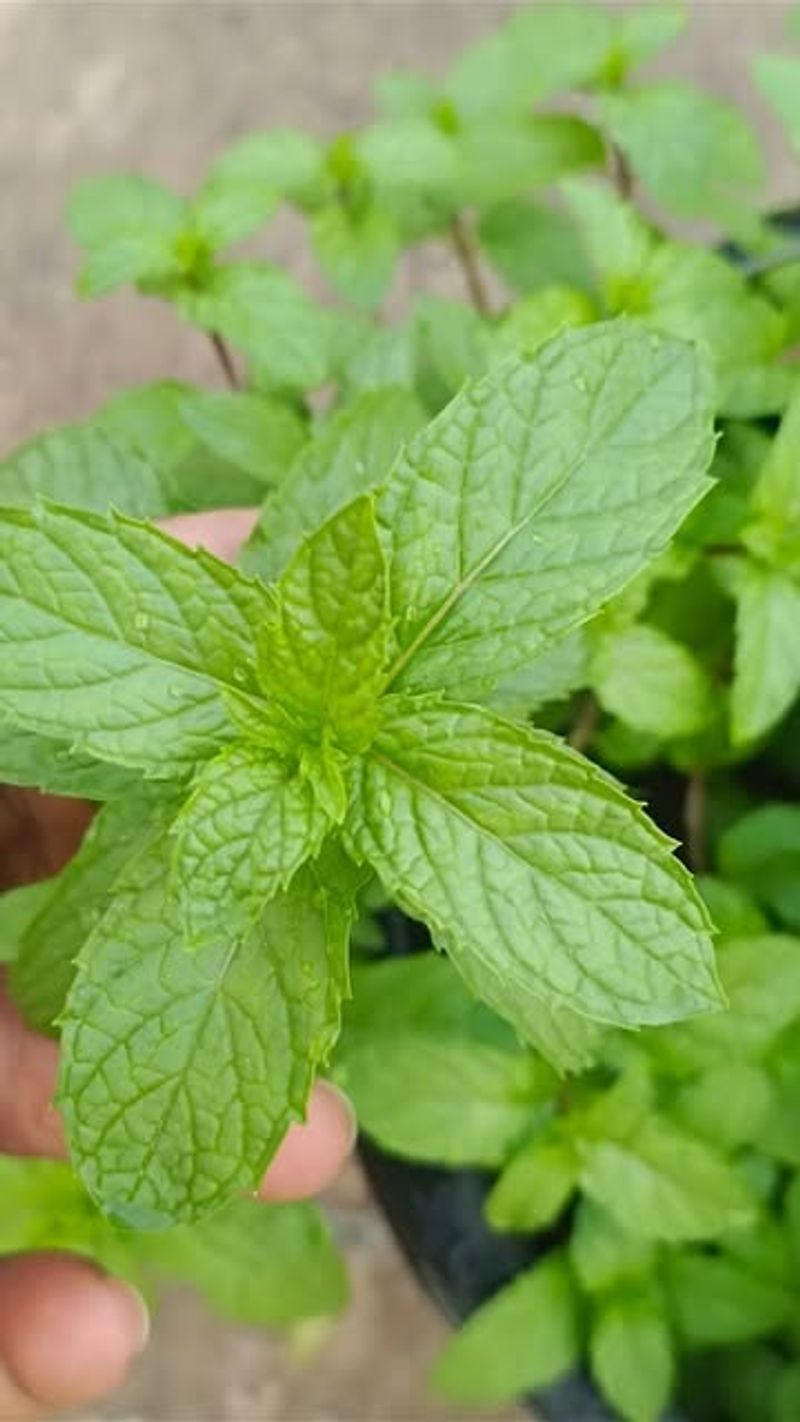
Peppermint’s refreshing aroma might remind you of candy canes, but squirrels and chipmunks find it overwhelmingly intense. The strong menthol compounds irritate their sensitive nasal passages, sending them scurrying in the opposite direction.
Growing peppermint plants around your garden perimeter creates a natural barrier. For quicker results, soak cotton balls in peppermint essential oil and place them in problem areas. Your garden will smell like a spa retreat while keeping furry invaders at bay!
2. Garlic’s Guardian Effect
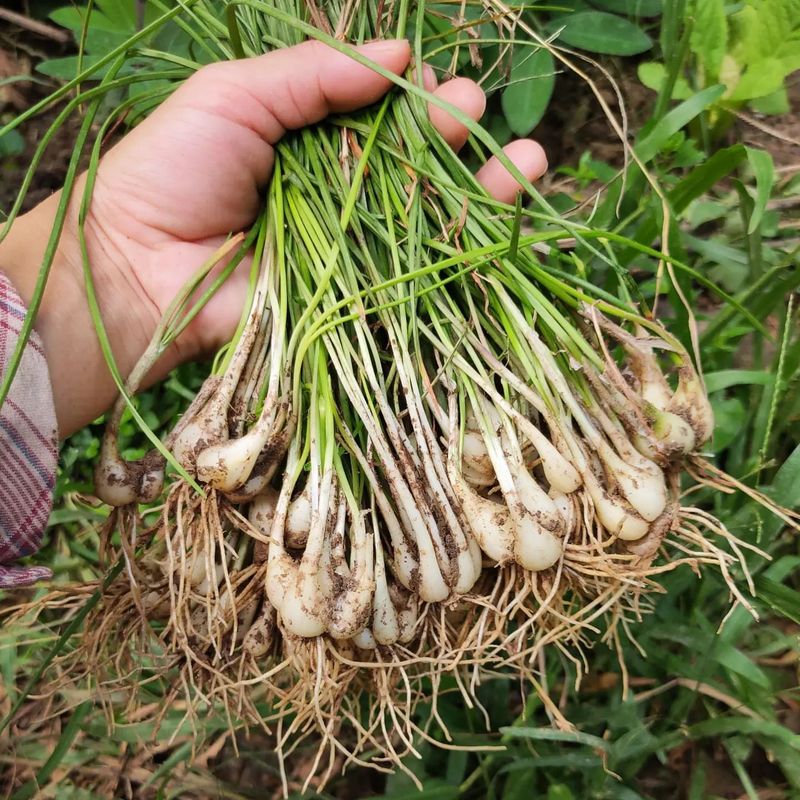
Nothing sends rodents running faster than the pungent aroma of garlic. While we might appreciate its flavor in our favorite dishes, squirrels and chipmunks find the sulfur compounds completely repulsive.
Plant garlic bulbs throughout your garden or create a simple spray by steeping crushed cloves in water overnight. The resulting mixture can be sprayed around plants you want to protect. As a bonus, garlic helps deter many garden pests while adding a rustic, earthy fragrance that many gardeners find pleasant.
3. Captivating Castor Oil

Castor oil works double-duty in your garden defense strategy. Its distinctive smell confuses and repels rodents while making your garden soil smell rich and earthy.
Mix a few tablespoons with water and a drop of dish soap to create an effective spray for your plants and soil. The scent lingers after rainstorms, continuing to protect your precious plants.
Many gardeners appreciate how castor oil doesn’t harm beneficial insects or plants while creating an invisible barrier against unwanted visitors.
4. Spicy Cayenne Surprise
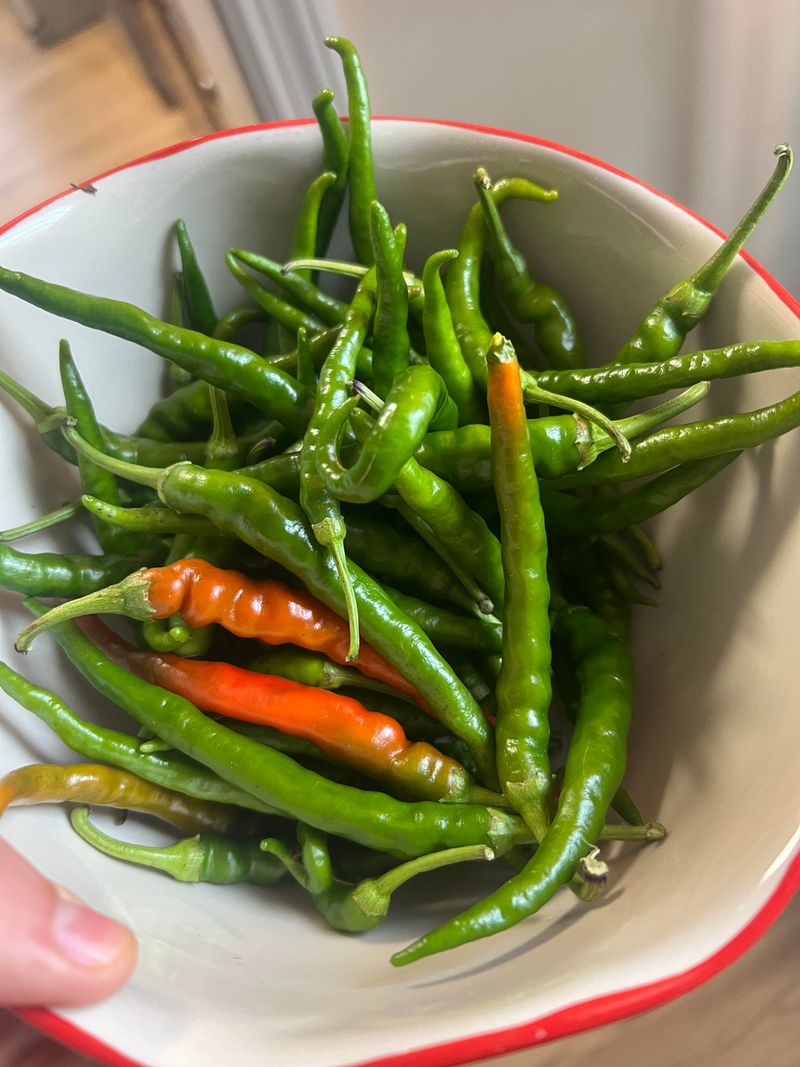
Cayenne pepper contains capsaicin, the compound that gives it heat—and drives squirrels absolutely crazy! Their sensitive noses can’t handle the spicy scent that we might associate with delicious cooking.
Sprinkle cayenne powder around the base of your plants or mix it with water to create a spray. The earthy, warm aroma adds a pleasant spicy note to your garden atmosphere.
For extra effectiveness, reapply after rain or heavy dew to maintain your garden’s protective spicy barrier.
5. Lovely Lavender Boundaries
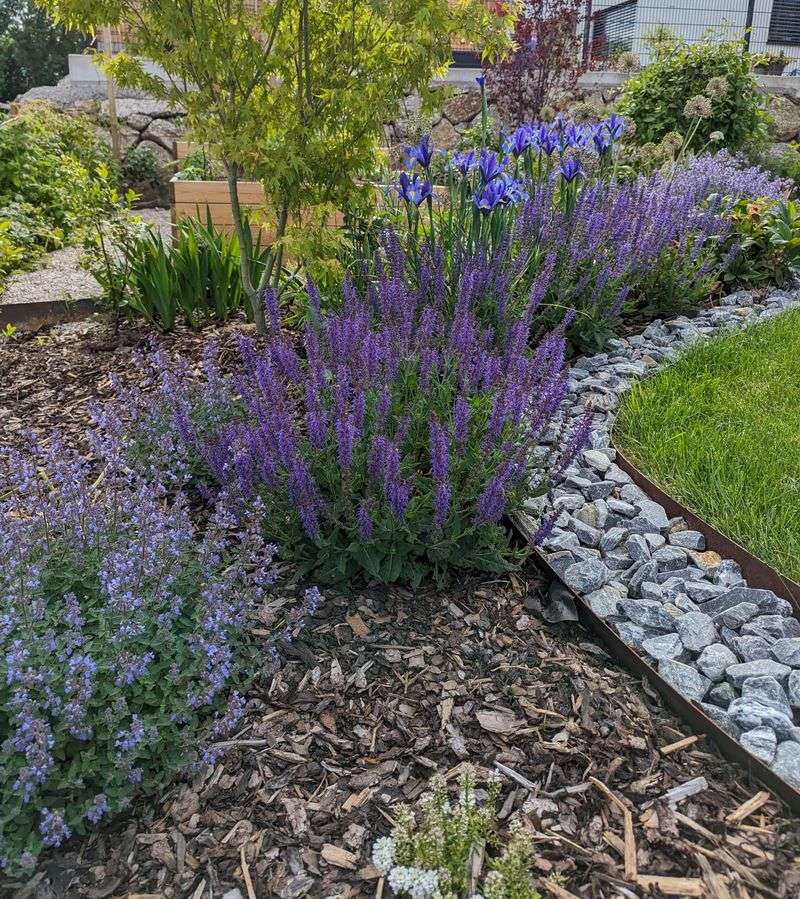
Lavender’s soothing scent might help us relax, but it sends squirrels and chipmunks into a tizzy. The concentrated essential oils in lavender overwhelm their sensitive olfactory systems, making your garden a no-go zone.
Plant lavender bushes around the perimeter of your garden or in containers near vulnerable plants. As an added perk, the purple blooms attract beneficial pollinators like bees and butterflies.
On warm days, the sun releases lavender’s oils, creating an aromatic shield that protects while delighting human visitors.
6. Vinegar’s Victorious Scent
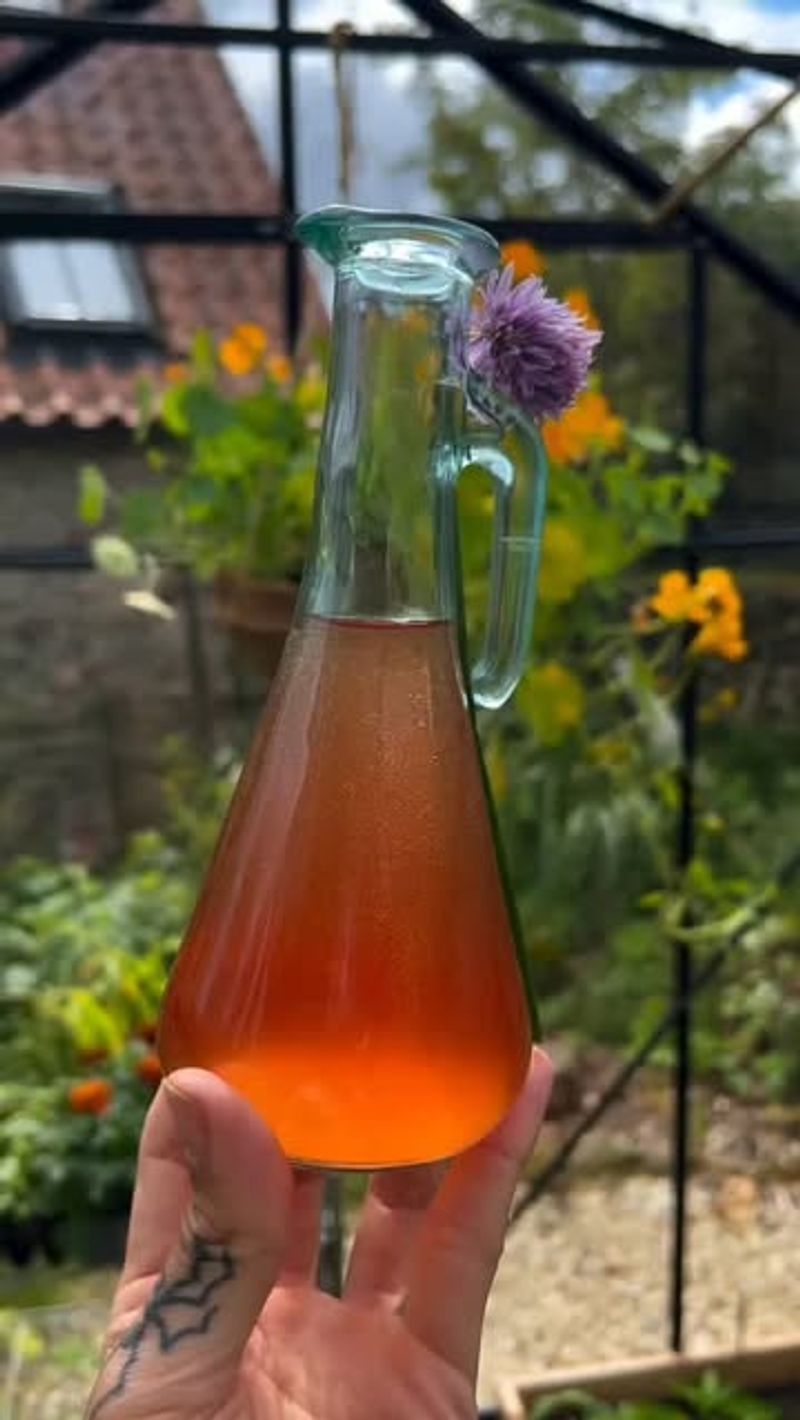
White vinegar’s sharp tang might remind you of cleaning day, but for squirrels and chipmunks, it signals danger. Their sensitive noses can’t tolerate the acidic aroma that cuts through the air.
Soak rags in vinegar and place them in strategic locations, or spray diluted vinegar around garden edges. The scent dissipates quickly for humans but lingers for rodents.
Many gardeners appreciate how vinegar’s clean, fresh smell helps eliminate other unwanted garden odors while creating a protective barrier.
7. Marigold’s Magical Effect

Marigolds produce a distinct earthy aroma from compounds called terpenes that squirrels find particularly offensive. The bright orange and yellow blooms add cheerful color while secretly working as garden guardians.
Plant marigolds as borders around vegetable gardens or intersperse them among your prized plants. Their pungent scent intensifies on hot days or when the leaves are disturbed.
Gardeners have relied on marigolds for centuries not only for pest control but also for their ability to brighten any garden space with minimal care.
8. Citrus Zest Protection
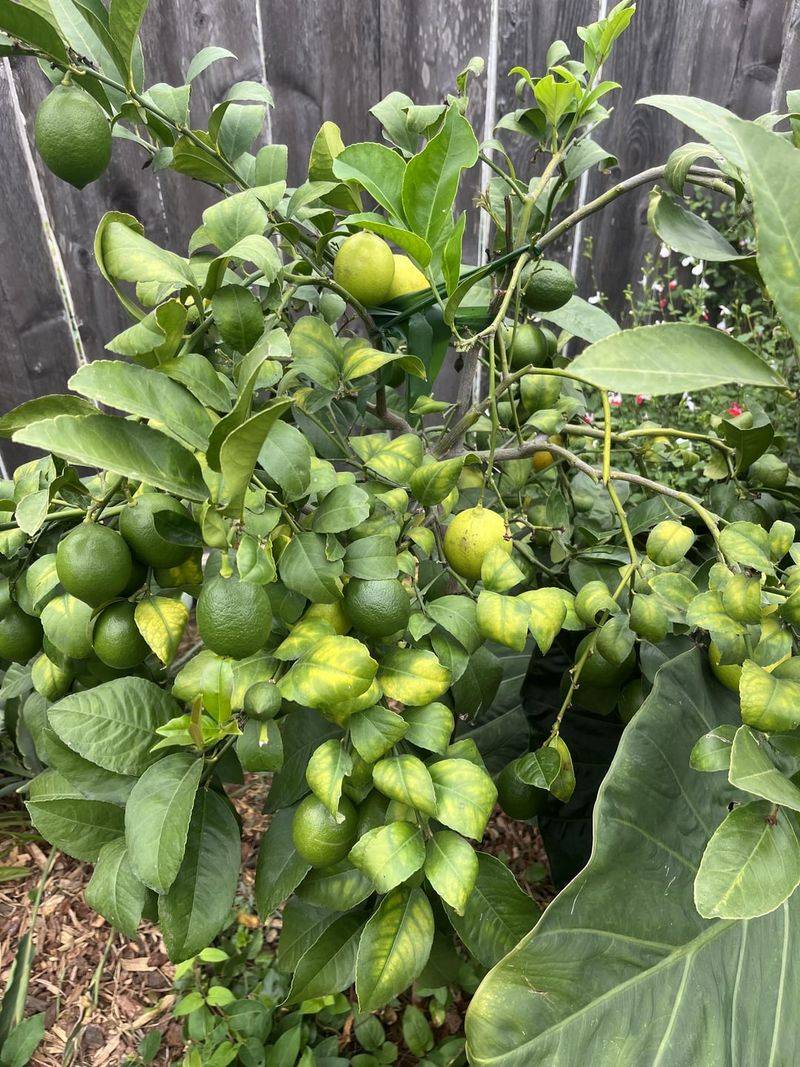
The bright, zesty scent of citrus fruits sends squirrels and chipmunks running for cover. The limonene in citrus peels irritates their sensitive noses while providing your garden with a refreshing, clean fragrance.
Save orange, lemon, or grapefruit peels and scatter them throughout your garden beds. For a longer-lasting effect, steep citrus peels in water overnight and use the resulting spray around vulnerable plants.
Many gardeners love how the sunny scent of citrus brightens the garden atmosphere while deterring unwanted critters.
9. Rosemary’s Robust Defense
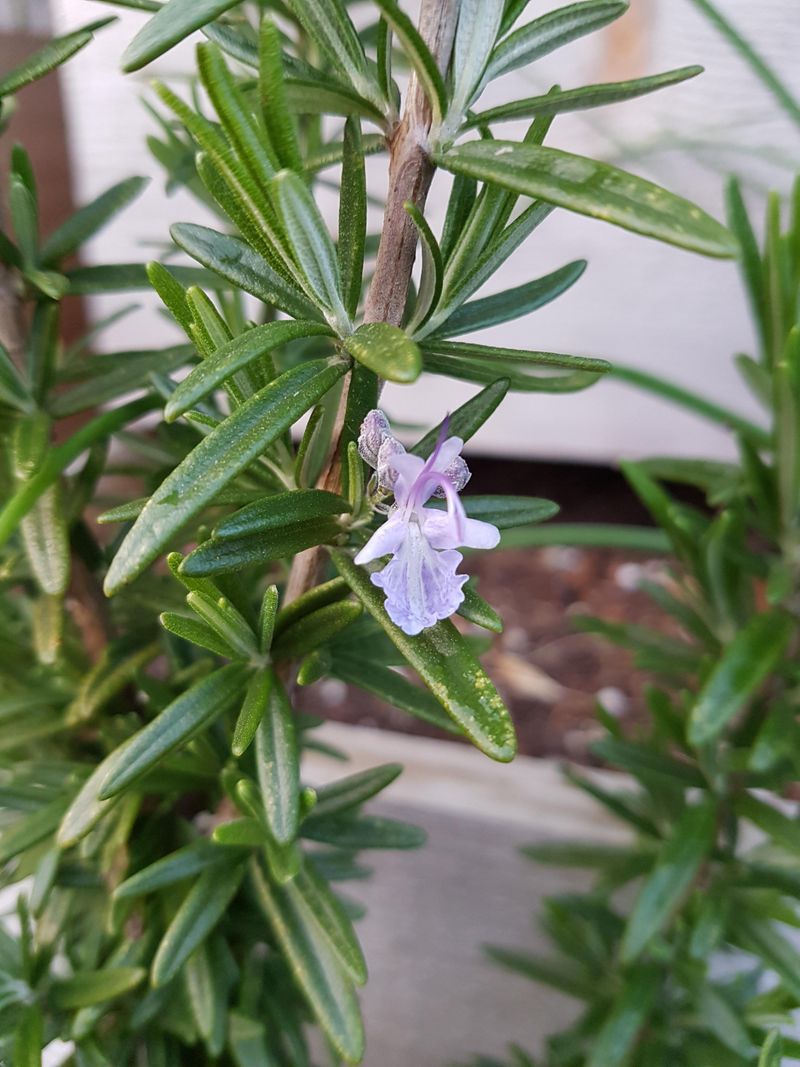
Rosemary’s piney, woody fragrance might enhance your favorite roast chicken, but squirrels and chipmunks find it overwhelmingly intense. The aromatic oils that give rosemary its distinctive scent act as a natural deterrent.
Plant rosemary bushes near entry points to your garden or around particularly vulnerable plants. As an evergreen perennial in many climates, it provides year-round protection.
Brushing against rosemary releases more of its protective oils, so consider planting it along garden paths where you’ll regularly disturb the foliage.
10. Mothball Mystery

Mothballs contain naphthalene, a chemical with a distinctive smell that humans find nostalgic but rodents find unbearable. Their strong scent creates an invisible barrier that keeps furry invaders at bay.
Place mothballs in mesh bags or containers with holes around your garden’s perimeter. The slow-releasing scent provides long-lasting protection without overwhelming human noses.
For safety, always keep mothballs contained and away from children, pets, and edible plants, as they can be toxic if ingested.
11. Onion’s Overwhelming Aroma
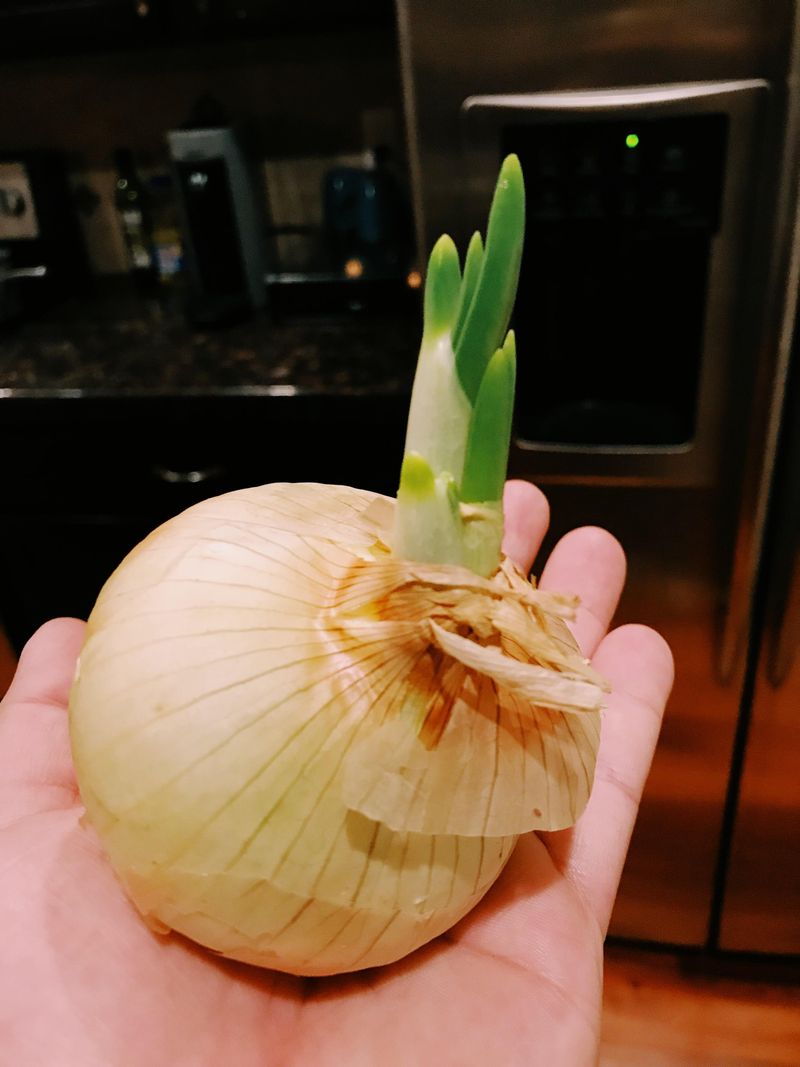
Onions contain sulfur compounds that make us cry when chopping them—and make squirrels and chipmunks avoid your garden at all costs. Their pungent smell overwhelms rodents’ sensitive noses.
Plant onions throughout your garden as companion plants or create a spray using onion scraps soaked in water. The resulting solution can be sprayed around vulnerable plants.
As the sun warms your garden, the onion scent becomes more pronounced, strengthening your garden’s natural defense system while adding a pleasant earthy aroma.
12. Coffee Grounds Guard Duty

Used coffee grounds pull double duty in the garden—they enrich the soil while emitting a strong smell that confuses and repels rodents. The intense aroma masks food scents and irritates their sensitive noses.
Sprinkle used grounds around plants or mix them into your mulch. As they break down, they’ll release nitrogen into the soil, feeding your plants while protecting them.
Many gardeners love how coffee grounds add a rich, earthy scent to the garden while deterring pests and improving soil structure.
13. Predator Urine Perimeter
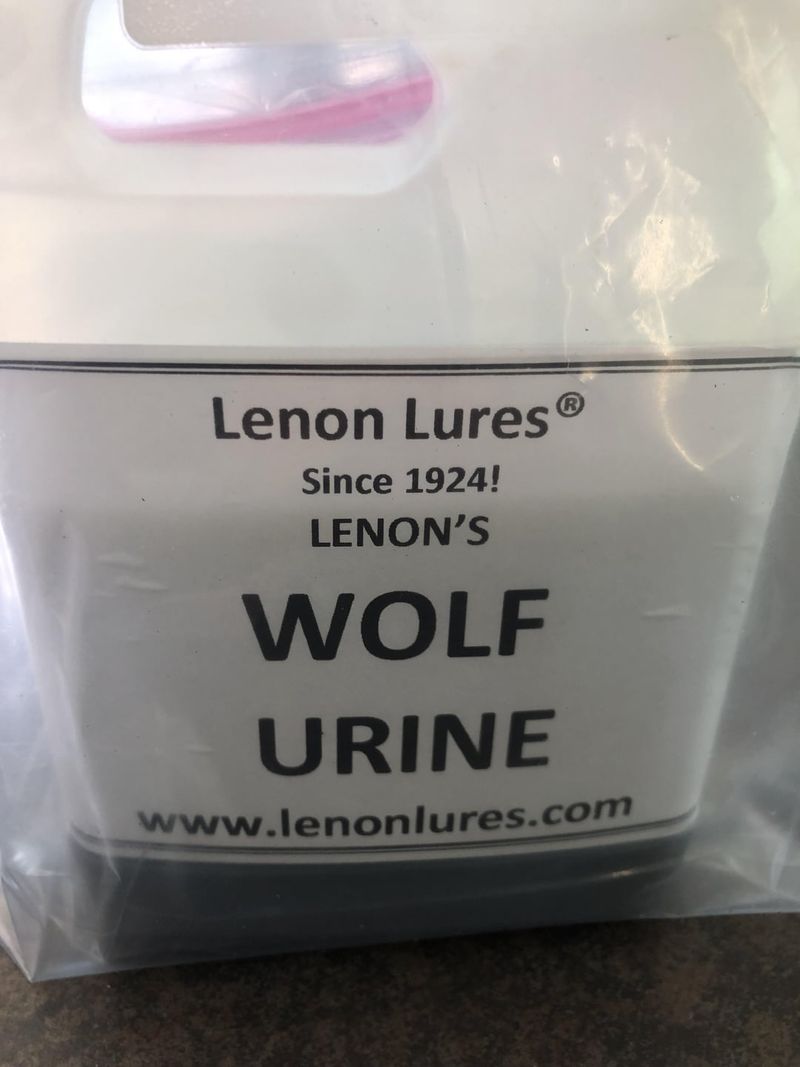
Commercial predator urine products contain the scent of foxes, coyotes, or other natural predators that strike fear in the hearts of squirrels and chipmunks. For rodents, these smells trigger immediate danger signals.
Apply granules or sprays around the garden’s perimeter, refreshing after rainstorms. The musky, earthy scent is barely noticeable to humans but terrifying to garden pests.
Many gardeners find this method particularly effective because it taps into rodents’ natural survival instincts rather than just irritating their senses.
14. Eucalyptus Elegance
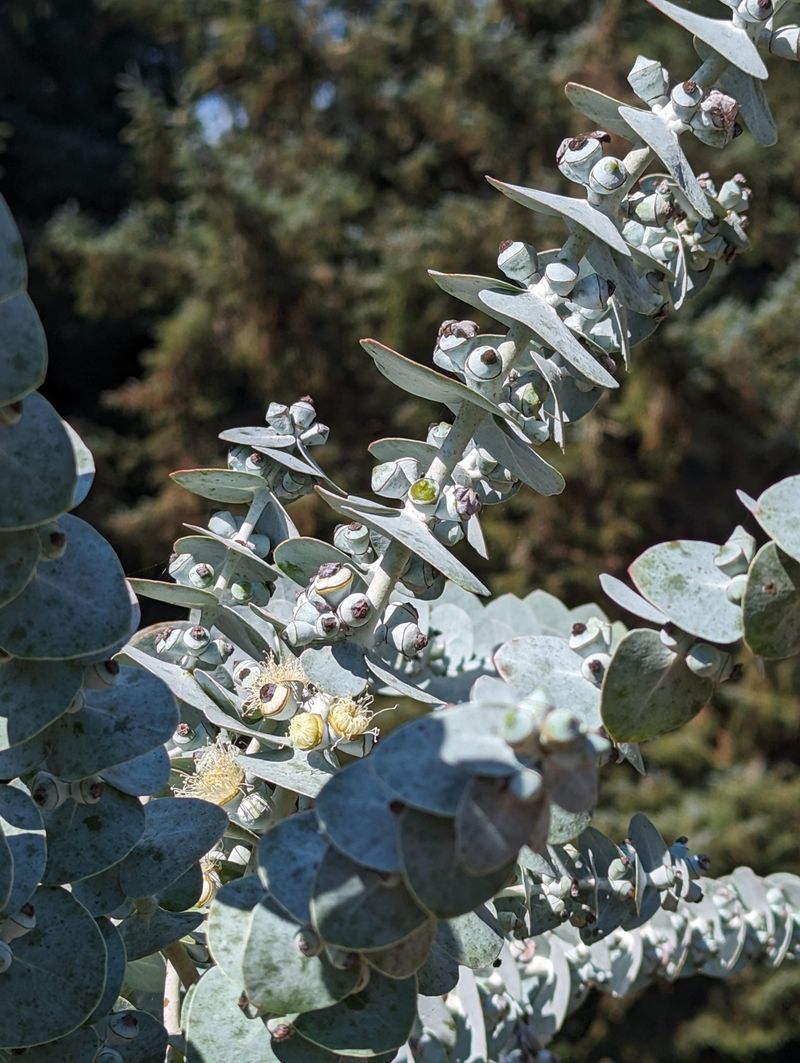
Eucalyptus contains powerful essential oils that clear human sinuses but overwhelm the sensitive noses of garden pests. The fresh, medicinal scent creates an aromatic barrier that squirrels avoid crossing.
Hang dried eucalyptus branches around your garden or place eucalyptus leaves in mulch. For a stronger effect, soak leaves in water overnight to create a potent spray.
The distinctive scent adds a spa-like atmosphere to your outdoor space while quietly working to protect your precious plants from nibbling critters.
15. Mint Family Magic
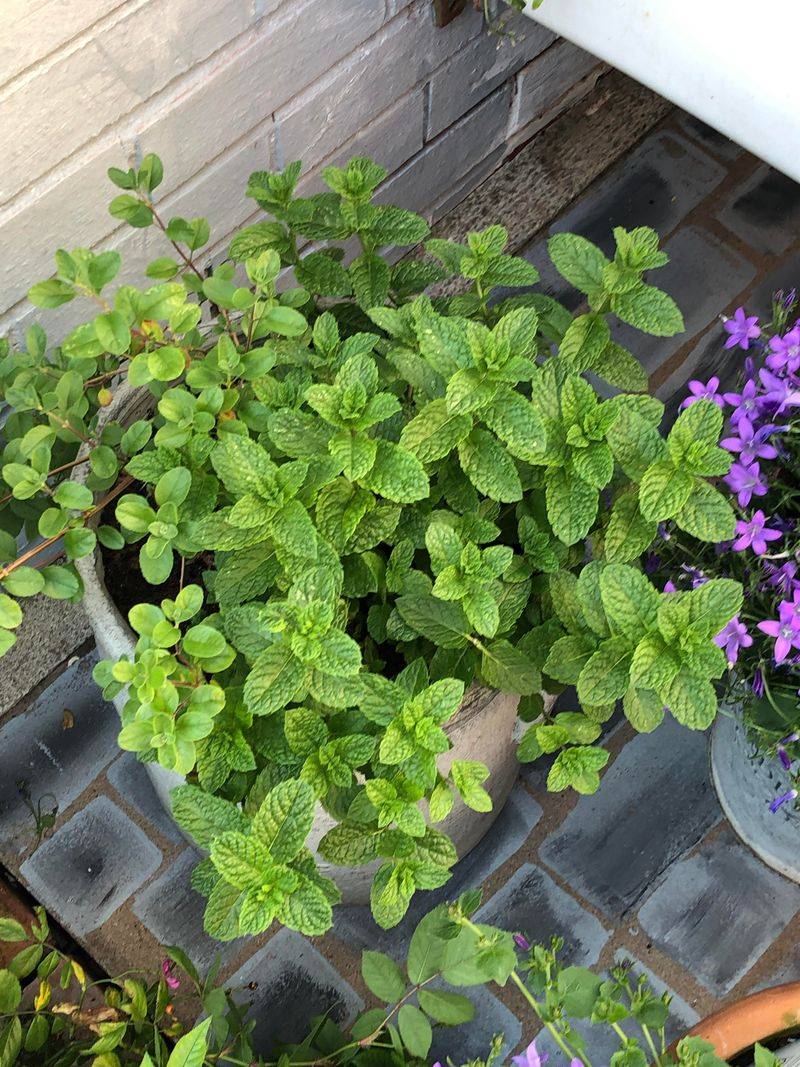
Beyond peppermint, the entire mint family—including spearmint, catnip, and lemon balm—creates an aromatic force field against rodents. Their strong essential oils overwhelm squirrels’ sensitive noses while creating a refreshing garden atmosphere.
Plant various mints in containers (they spread aggressively) around your garden perimeter. Harvest and crush leaves occasionally to release more oils and intensify the repellent effect.
As a bonus, mint family plants attract beneficial pollinators and can be harvested for teas and cooking.
16. Irish Spring Soap Surprise
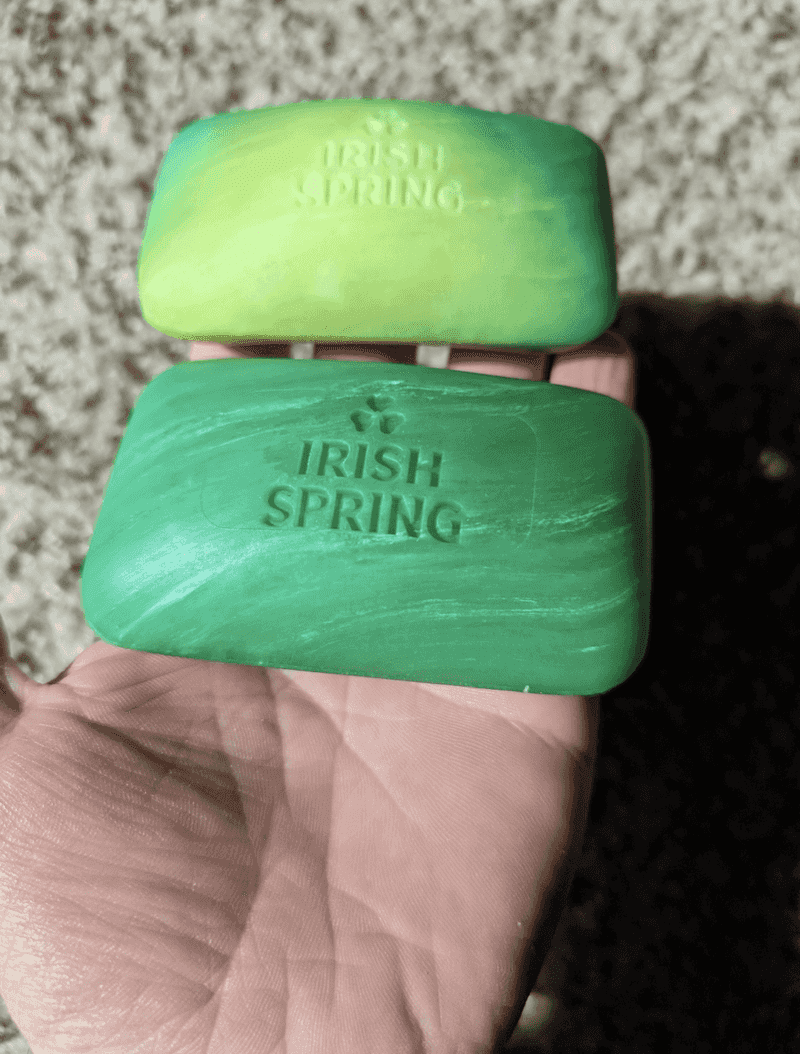
Irish Spring soap contains tallow, which produces a scent that humans find clean and fresh but squirrels and chipmunks find absolutely repulsive. The strong fragrance masks food smells and confuses rodents’ sensitive noses.
Cut bars into small chunks and place them in mesh bags around your garden. Rain will help release the scent, creating an invisible barrier against unwanted visitors.
Gardeners love this method because the soap lasts for weeks, even in wet weather, and adds a clean, fresh scent to the outdoor space.

